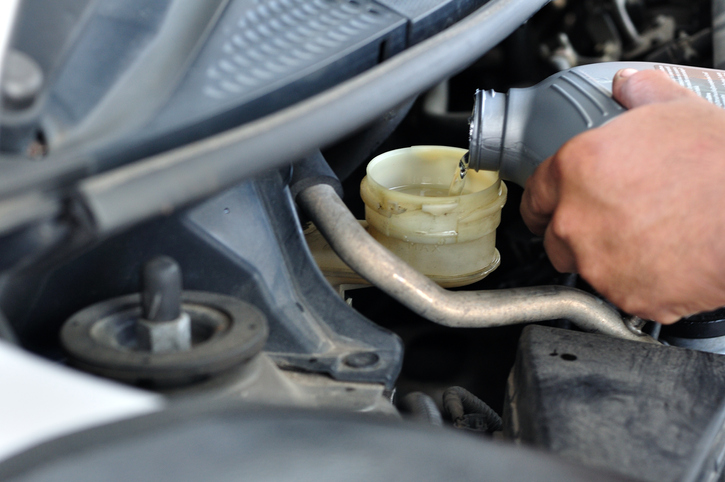3 Common Causes of Hydraulic Systems Failure To Watch For After Automotive Technology Training
Hydraulic systems use pressurized fluids to perform tasks. Since fluids are an essential mechanical component of a vehicle’s functioning, you’ll surely encounter and service hydraulic systems after automotive technology training. The first step in the repair process is fault identification. For this reason, it’s extremely helpful for you to understand automotive systems well and be familiar with the common causes of damage. Keep reading to learn about the common causes of hydraulic systems failure in cars.
1. Water and Air Contamination is a Leading Cause of Hydraulic Systems Failure
Water and air contamination in a hydraulic system is usually caused by system breaches, faulty pumps, and temperature issues. Just as it sounds, air contamination occurs when air enters a hydraulic system. There are two different types, including cavitation and aeration. If clients mention a whining noise, cavitation is likely the culprit. This occurs when a hydraulic system lacks an adequate supply of fluid. Clients may complain about a strange knocking sound when aeration occurs. Aeration is caused by air from an outside source contaminating fluid. You’ll learn in automotive technology training that when you observe condensation and leaking, water contamination is a likely cause.
2. Hydraulic Leakage Can be Tricky to Fix After Auto Mechanic School
Hydraulic leaks are typically found near the control valves, at hose connections, around the pump shaft, and at piston seals. Leaks in a hydraulic hose are simple to remedy as these parts are quite easily accessible and inexpensive. That being said, leaks in other parts of a hydraulic system can be quite tricky to locate. One effective solution is using a Stop Leak solution which simply needs to be added to a hydraulic fluid reservoir. These products are meant to permanently seal hydraulic leaks.

3. Low-Quality Fluid Can Cause a Hydraulic Systems Failure
Fluid is the life force of a hydraulic system. It ensures that all mechanical components are well-lubricated and ready to operate safely. Fluid must be compatible with the hydraulic system in which it is being used. Specifically, the viscosity and temperature of hydraulic fluid matters. If there is an inadequate supply of fluid or the quality is incompatible with the demands of a system, there is a risk of damage over time due to a lack of lubrication.

After auto mechanic school, try to take every opportunity to suggest the right products for each vehicle based on your expertise. To establish that expertise, start your career in our automotive technology certification program, where you’ll learn how to offer an array of helpful services to customers, like preventative maintenance services, wheel alignment, and of course, hydraulic brake and suspension systems. Through hands-on training, you’ll leave our program fully prepared to excel on the job.
Ready to become an auto mechanic?
Contact ATC Surrey to learn more!


